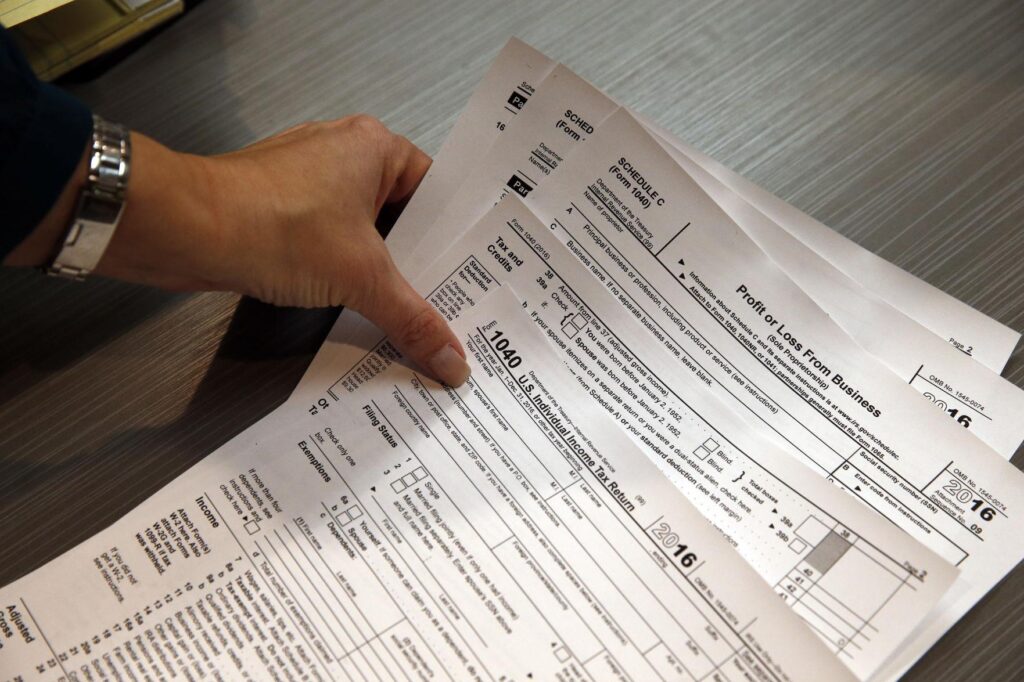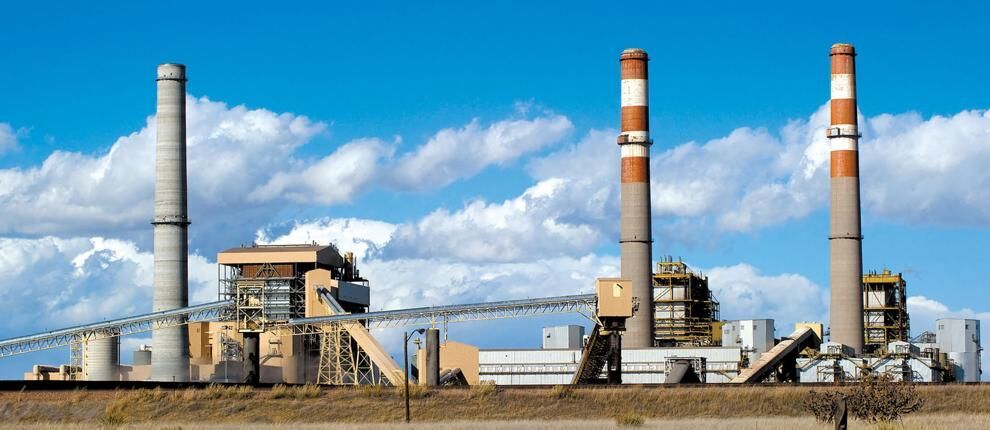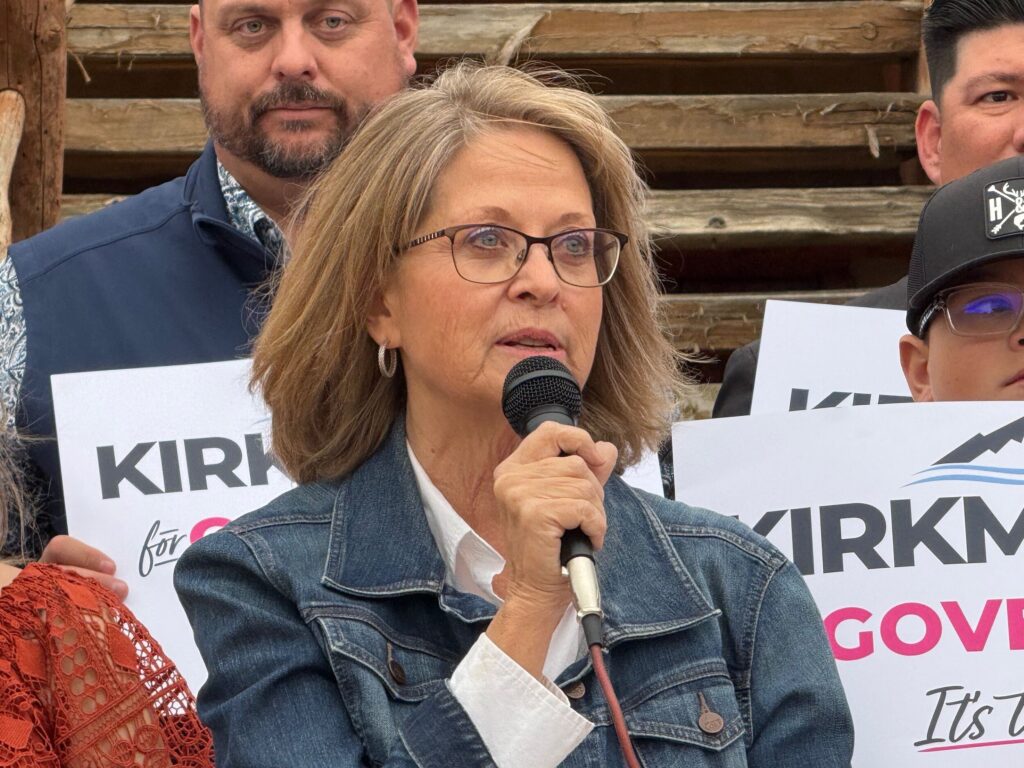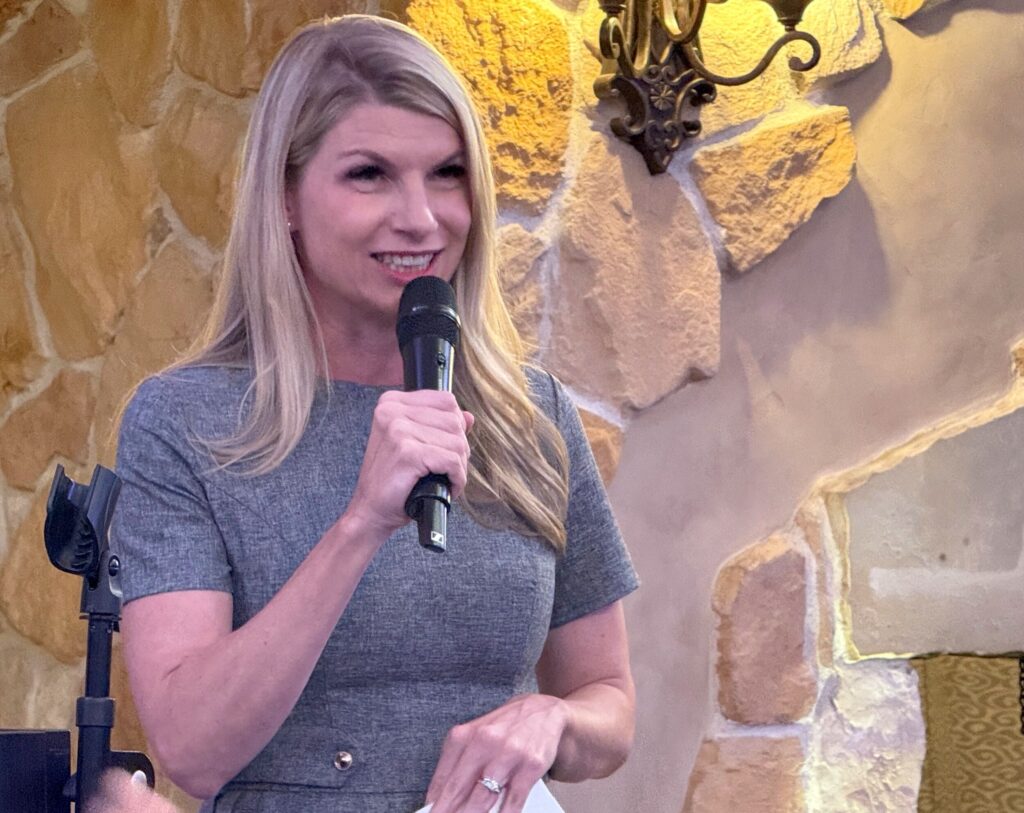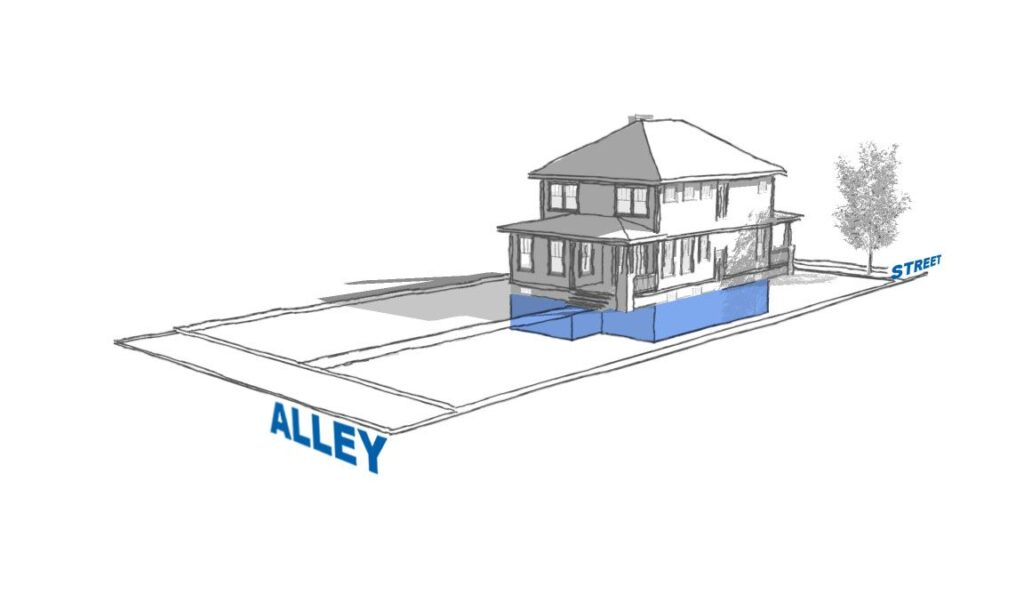Day Five of Special Session: Colorado legislature moves key measures forward

As artificial intelligence legislation remained in limbo, Colorado’s legislators turned their attention on several other measures during Monday’s special session, notably debating a change to a measure bill to set aside $100 million to help lower health insurance premiums.
Lawmakers also advanced the proposal to divert funding for the state’s wolf reintroduction program to insurance coverage.
As envisioned, the $100 million would pay for subsidies for individuals who buy health insurance through the exchange. The money would also go toward reinsurance and help pay for the state’s OmniSalud program, which provides health insurance for residents unlawfully staying in the U.S.
Under the measure the Senate amended, the $100 million would come through an additional tax sales tied to another bill on tax credit sales, instead of via the general fund.
House Bill 4 allows the Treasury Department to sell $100 million in tax credits that would then be transferred to the general fund and help pay down some of the $800 million budget shortfall for 2025-26. Another sale would raise up to $100 million to help pay for health insurance subsidies.
As envisioned, the credits would be sold to C corporations — for revenues going to the general fund — and to insurance companies for the money going to cover subsidies.
House Bill 4 won preliminary approval from the Senate on Monday and now heads to a final vote on Tuesday, as does House Bill 6, the original measure dealing with the tax credit sales.
Both would have to go back to the House for review of the changes made in the Senate.
Sen. Barbara Kirkmeyer, R-Brighton, noted that HB 6 would sell $125 million in tax credits to raise $100 million for the health insurance enterprise, and, under the plan, if the state does not raise the $100 million, the gap would be covered by the general fund.
“We have not made tough decisions,” Kirkmeyer said. “We didn’t cut spending.”
Meanwhile, Senate Bill 5, which would divert $264,000 from Colorado Parks and Wildlife’s wolf reintroduction program to the health insurance enterprise, won final approval from the Senate on Monday.
The Senate tackled amendments from the House adopted on Sunday. Those amendments included removing the bill’s legislative declaration, which stated that the state would have to use funds other than the general fund appropriated to the program to procure more wolves in 2025-26.
That would mean cash funds, which could be from other Colorado Parks and Wildlife sources or from donations made to the agency for that purpose.
Removing the legislative declaration does not change the requirement that CPW use other funding sources for procuring wolves.
Backers of the bill in the livestock industry had hoped the bill would put a pause on the reintroduction of more wolves, while the state wildlife agency works on implementing non-lethal techniques for keeping wolves away from livestock.
The Senate also finished work on three tax bills and sent them to the governor.
House Bill 1005 repeals the state’s vendor fee, which is expected to bring in about $28 million in 2025-26 and double that in the following years.
Retailers that collect sales tax on behalf of the state are allowed to retain a small portion of those taxes to cover the cost of remitting those dollars to the state. Republicans claimed it violates the Taxpayer’s Bill of Rights. The GOP members have applied that claim to all the tax bills in the special session.
The vote on HB 5 was the closest of any special session bill: 18-17, with five Democrats voting against the bill.
Gov. Jared Polis is expected to sign the bill, given that it was part of his special session call.
Meanwhile, House Bill 1003 repeals the reduced insurance premium tax rate for insurance companies that qualify as having a regional home office in Colorado. That would bring in $44 million in 2025-26, $91 million in the next fiscal year and $97 million the year after.
Supporters have pointed out that the reduced premium rate, which is 1% for insurance companies with a home office, no longer provides the incentive to increase employment in Colorado.
It passed on a largely party-line vote, 22-13. It wasn’t amended in the Senate, and it now heads to the governor for signing.
The third bill, House Bill 1001, extends the requirement for certain taxpayers to add back their federal qualified business income deduction when calculating their Colorado taxable income starting with tax year 2026.
This bill is a direct response to the federal budget, which repealed that requirement as of the end of this year, making permanent a 20% deduction of qualified business income.
Qualifying businesses include sole proprietors — individuals who own their own business outside of a legal framework, partnerships, S corporations, LLCs, and trusts and estates.
The change would bring $46 million to Colorado’s general fund in 2025-26 and $95.5 million in the next fiscal year.
HB 1 passed on a 23-12 party-line vote and also wasn’t amended in its trip through the Senate. It is on its way to the governor.
The only bill on the House calendar for Monday is House Bill 8, which delays the implementation of the 2024 artificial intelligence law. That measure is awaiting a final House vote but is on hold while negotiations continue on the Senate’s version.


